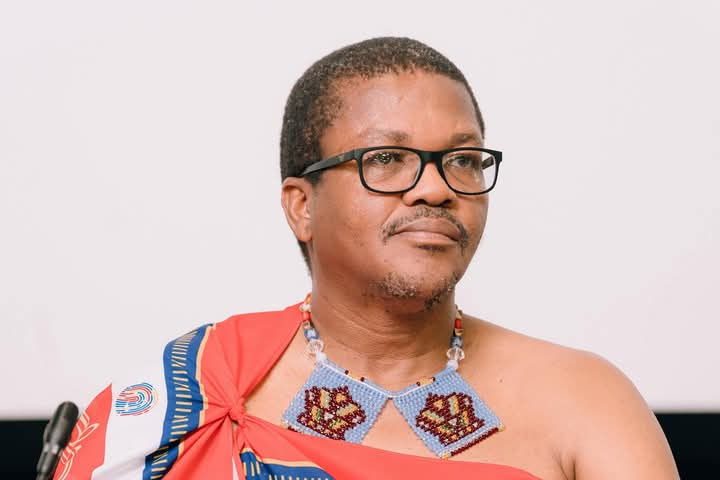
By Phiwa Sikhondze
The Ministry of Information, Communication, and Technology (ICT) is spearheading initiatives to position the country as a digital transformation leader in the African continent.
Speaking at the ERS Digitalization Roadmap Symposium 2024 held on Wednesday, at the Revenue Services’ Auditorium, the Minister of ICT, Savannah Maziya, outlined the Ministry’s ambitious plans, including the adoption of blockchain technology to enhance national security and the integration of biometric systems for seamless service delivery.
In her keynote address, Maziya emphasized that Eswatini’s digital future lies in leveraging innovative technologies to streamline government operations, boost transparency, and empower citizens.
“Technology is no longer a luxury; it’s a necessity. It’s time we curated a future relevant for us as emaSwati,” she said.
Maziya said blockchain technology goes beyond cryptocurrency, which is what most people think. She added that other countries are already piloting the use of blockchain technology to safeguard sensitive information, and enhancing transparency.
“We want to use blockchain technology for cybersecurity, payments, and even education,” Maziya said. She referred to the technology as a means of achieving “military safety” for data, ensuring that the country’s digital infrastructure remains resilient against modern threats.
The implementation of blockchain is part of the broader “Government in Your Hand” initiative, which seeks to digitize all public services. The Minister highlighted the importance of collaboration with the Central Bank of Eswatini (CBE) to align blockchain use with the country’s financial and technological frameworks.
She added that as a Ministry they aspire to introduce biometric technology, which will revolutionize how emaSwati interact with public services.
“From checking into hospitals to applying for passports, biometric systems will enable streamlined, user-friendly experiences. Imagine a system where your face unlocks access to all essential services, eliminating paperwork and saving time,” Maziya explained.
The digital ID system, a cornerstone of this vision, will integrate personal, medical, and financial information securely. This will not only improve efficiency but also address longstanding issues such as medical errors and administrative delays.
With a population of 1.3 million, Eswatini is leveraging its size as an advantage. “The challenge is not our numbers; it’s our mindset. What matters is what we do with our people and how we position ourselves globally,” Maziya said. The Ministry aims to create a digital ecosystem that connects Eswatini’s population to the broader African market and beyond.
She also underscored the importance of regional and global partnerships to ensure that Eswatini remains at the forefront of digital innovation. This includes rolling out fiber-optic networks, enhancing bandwidth, and connecting schools, clinics, and other community centers.
By integrating systems such as smart borders, digital IDs, and automated fleet management, the Ministry aims to enhance accountability and reduce corruption.

Maziya called for greater collaboration among government departments and the private sector to achieve the shared vision of a digitized Eswatini.
“We must work together to ensure that technology is not just for the privileged few but a tool that benefits every citizen,” she said.
As Eswatini builds its digital future, the Ministry of ICT remains committed to fostering innovation, ensuring inclusivity, and transforming the nation into a global technology leader. “The future is already here,” Maziya concluded. “It’s up to us to shape it.”